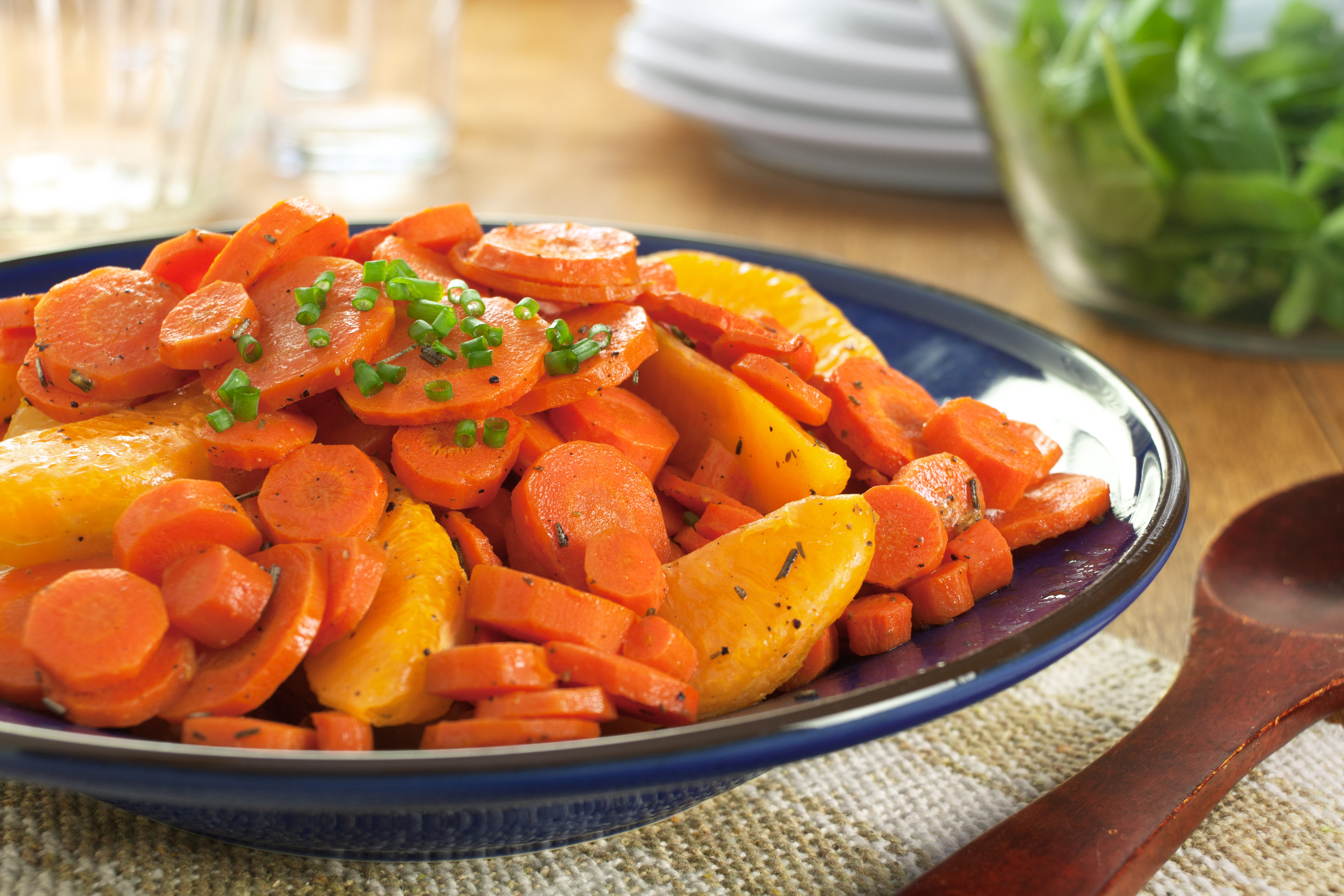It is not often that you read a book that transforms the way you think about food. Sure, books are written that intend to change opinions on the food industry and subsequently alter diets, but generally the result of these books is that the reader is moved toward an “eat this, not that” approach to grocery shopping and cooking. In this case, the reader isn’t so much transformed as they are modified. Their habits may change (at least temporarily), but their understanding of why and how foods make it to the store and ultimately their kitchen largely remains unaffected. Award winning chef Dan Barber’s The Third Plate is the book these individuals need to read if they really want to understand how foods make it into our supermarket carts and onto our restaurant plates.

Barber identifies the “third plate” as the place where agriculture and cooking meet; the link between the food we choose to cook and the place that food comes from. Through his experiences at his restaurant Blue Hill and the Stone Barns Agricultural Center, Barber leads the reader to understand the importance of the “third plate.” Without it, Barber argues, we may be engaging in a long term version of what major empires in ancient history came to realize…that the land (and sea) will only allow us to prosper for so long until it we deplete it and in turn depletes ourselves.
“A nutritionist would say, ‘No, a carrot is a carrot is a carrot.’
A scientist would say, ‘No difference.’
But taste the…carrot.”
-A quote from Eliot Coleman, included in The Third Plate, in reference to the brilliance of a fresh picked carrot grown in a small organic farm
As a consumer, mom and family “chef,” I found myself eagerly turning pages to learn more from the passionate growers and fisherman Barber introduces us to. As a dietitian, the quote above stopped me. We (dietitians) are taught to break food down into the nutrients it offers; to view a carrot, for example, solely as a source of beta carotene and fiber. The problem with this way of thinking is that there are too many opportunities for imposters to come along. Read this book and you no longer would say that a carrot is a carrot is a carrot.
Of course, this quickly brings us to the “So what do we do?” To say we are at a crossroads is the understatement of the century. The food industry knows we are looking for cleaner labels with simple ingredients. Likewise, farmers are growing more organic foods. Knowing this, supermarkets and restaurants alike are increasingly featuring these foods. But here is the problem, a giant food manufacturer or even large organic farms are not necessarily creating foods that are sustaining our soil, land and sea. They are simply making us feel better about our choices…for now.
Dan Barber views cooking as an “ecological act” and reminds us that while your kitchen may seem far from the farm or sea, it is in fact very connected to them. Most importantly, he wants us to understand that to not keep this connection in mind is to let down the fishermen and growers working hard to protect and truly sustain our lands, sea and us.